Page 126
Connecting ideas
| Conjunctions | Adverbs |
| He is rich, but he never helps others. She passed the exam because she studied hard. Laura is intelligent and funny. We can go by bus or train. | He is rich; however, he never helps others. |
Usage
We can connect two or more ideas (two words, two phrases or two clauses)
She can speak Japanese and English.
We want a car, a house and a farm.
They want a good product and a good service.
He can dance and she can, too.
We often use conjunctions (and, but, or, so, although, because ...) to connect ideas.
It rained, so we stay home.
You can drink either coffee or tea.
Study hard, or you will fail the exam.
We can sometimes use adverbs (however, otherwise, moreover ...) to connect ideas. They have the same meanings as some conjunctions, but they have different ways to write in English.
The song sounds good, but it is too long.
The song sounds good; however, it is too long.
Full infinitives and bare infinitives
| Full infinitives | Bare infinitives |
| to+ base form of the verb (to be, to dance...) | base form of the verb (dance, have...) |
The infinitive is the basic form of a verb, without an inflection binding it to a particular subject or tense.
He can dance. (He can dances.)
I came to see you. (I came to saw you.)
The infinitive has two forms. The full infinitive goes with to, and the bare infinitive goes without to.
You should stay.
I don't want to go.
Usage
We must use to + base form of the verb after some certain verbs.
I want to sing.
Would you like to drink Coke?
We also use to + base form of the verb to show our purpose.
They do not come here to make friends.
They come here to make money.
We use the base form of the verb after all modal verbs.
We can get good marks.
She had better not talk.
English learners often make mistakes with have to, has to, had to, used to.
She used to study here.
→ She didn't use to study here.
(She used not to study here.)
Quantifiers
Use some, any, a lot of and lots of with plural countable nouns and uncountable nouns.
Use some in affirmative sentences for an undefined small amount of something.
The girl has got some oranges.
Use any in negative sentences and questions.
There isn't any cheese in the fridge.
Are there any eggs in the dish?
Use a lot of and lots of in affirmative sentences for a large quantity of something.
There's a lot of chicken for dinner.
There are lots of sweets in this shop.
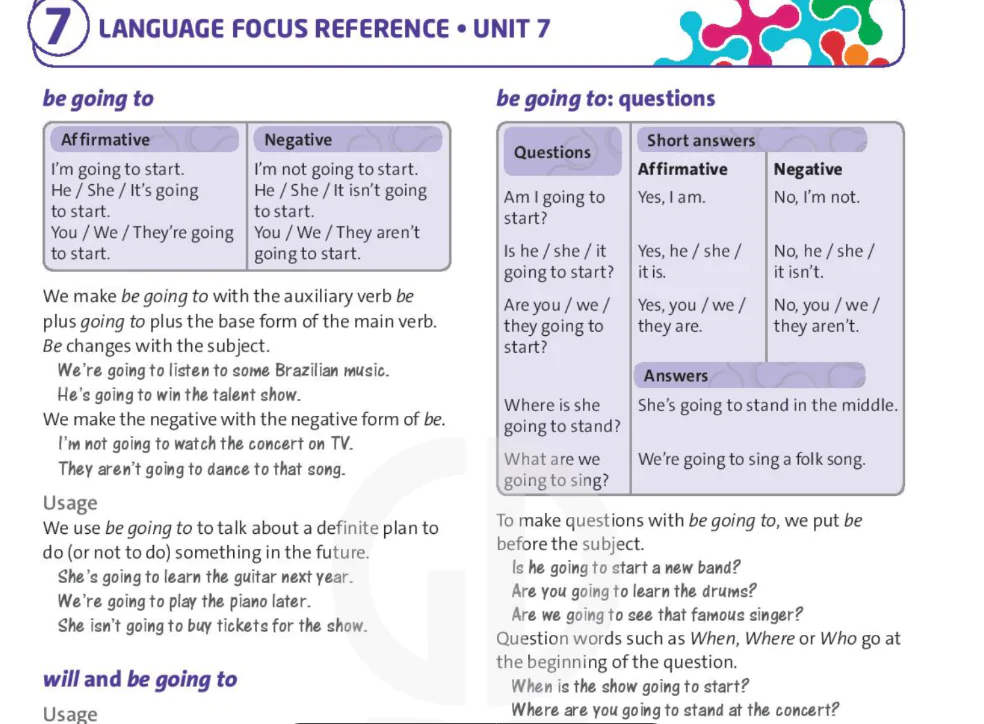
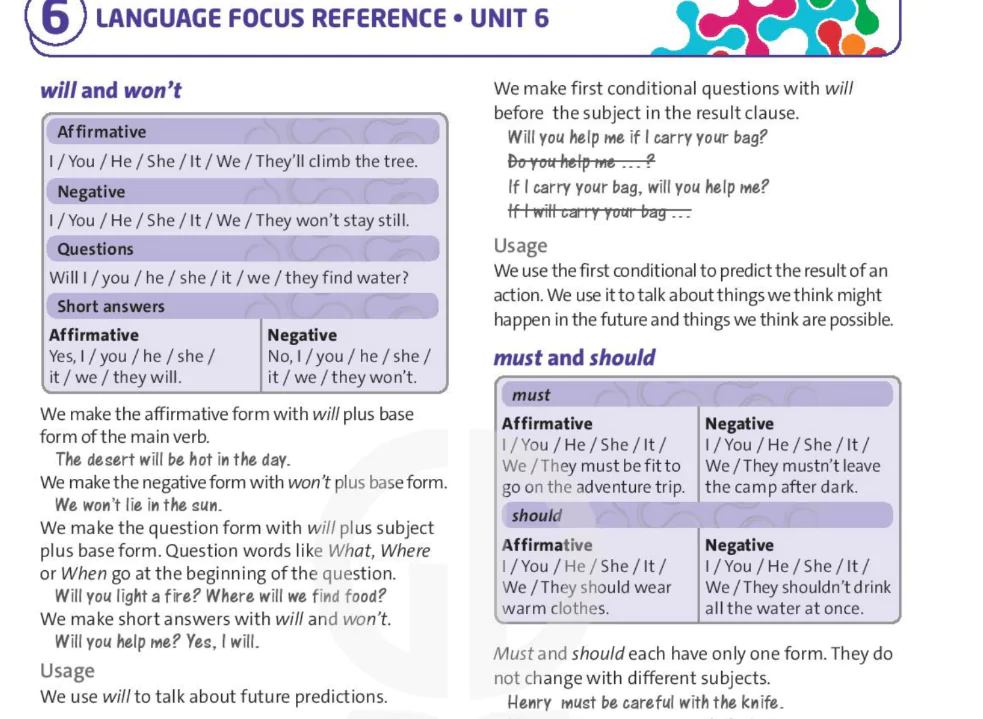
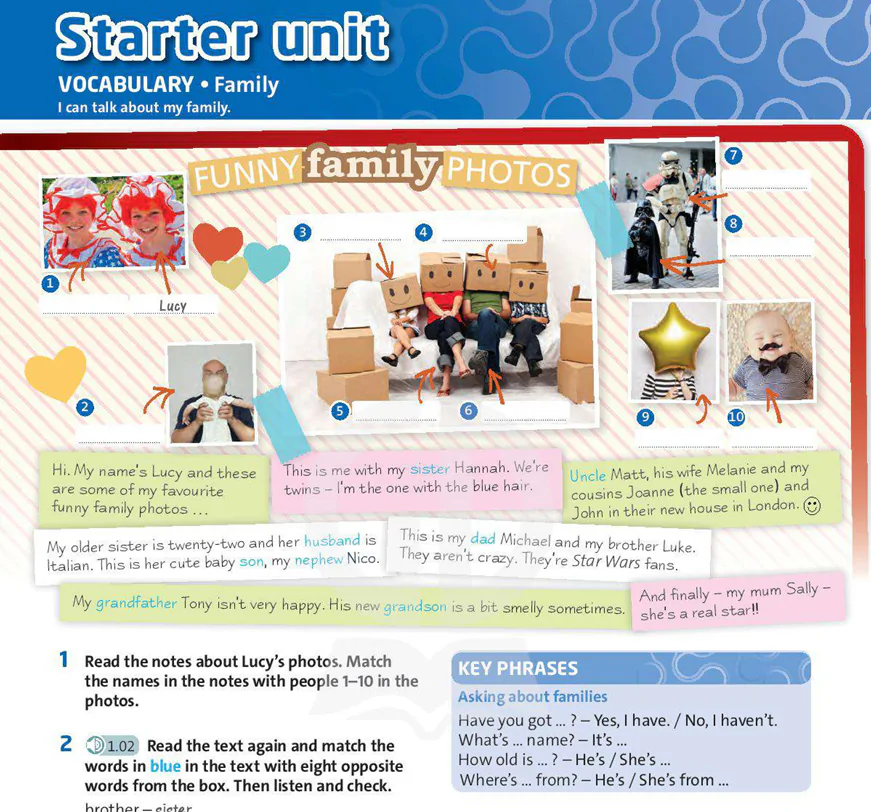
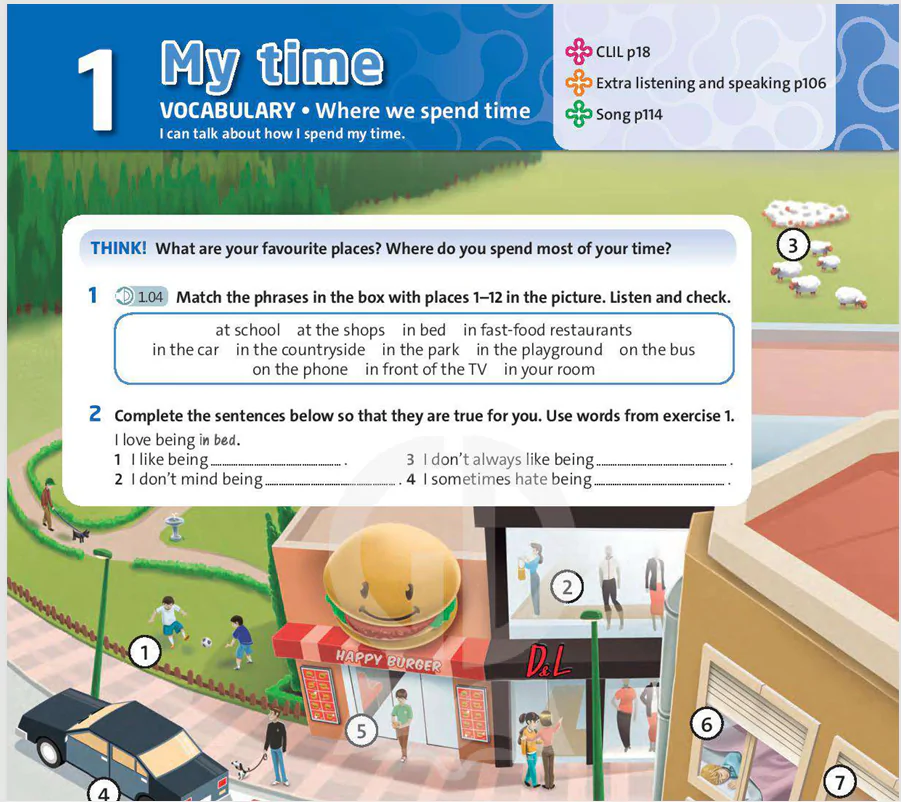
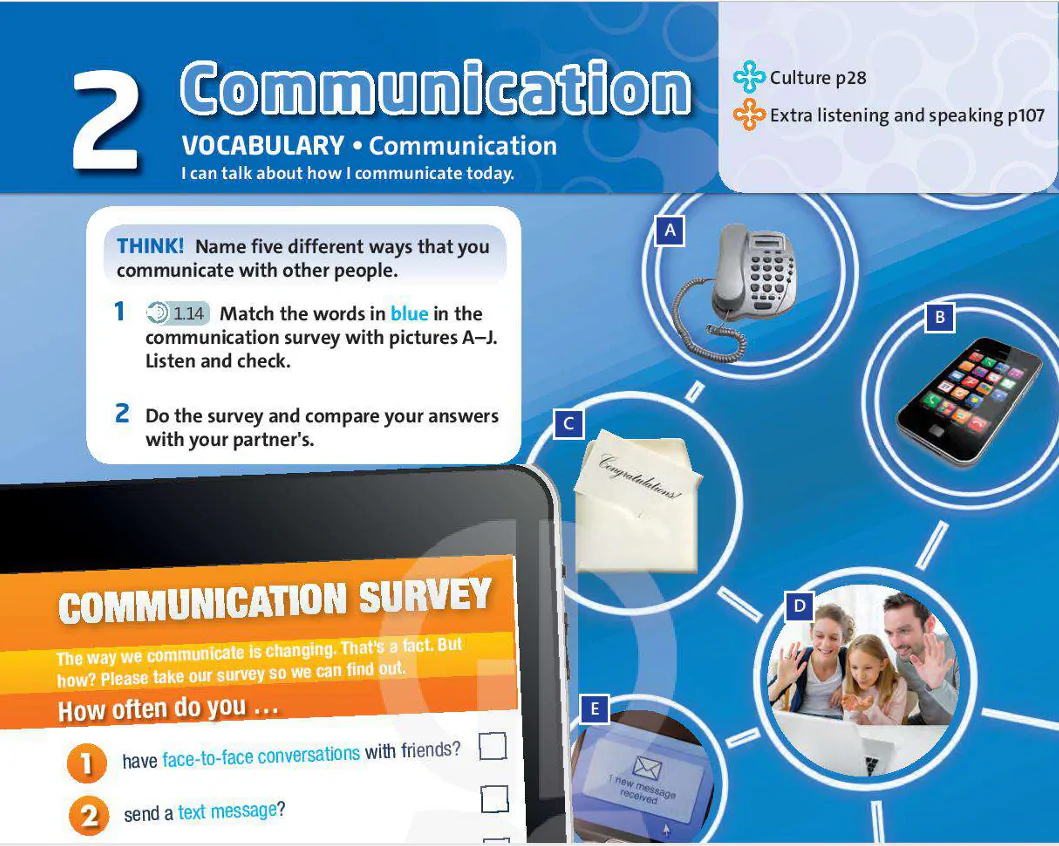
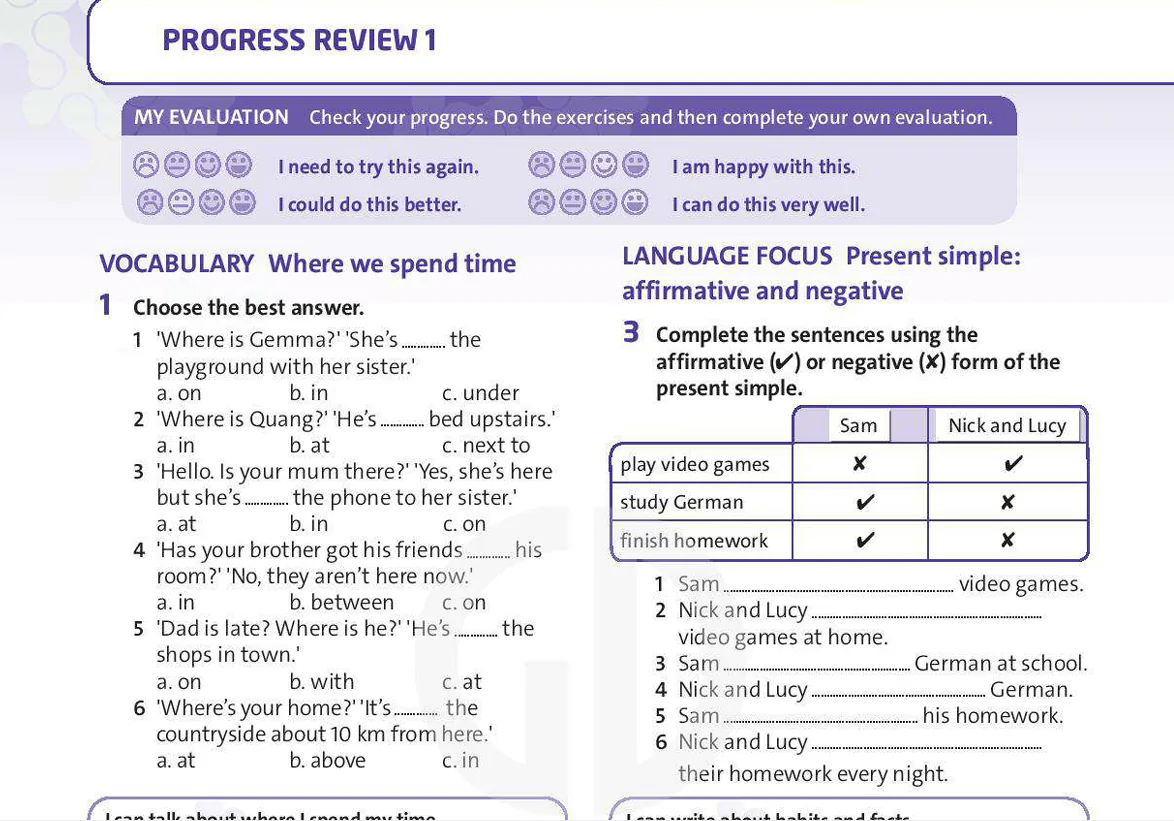
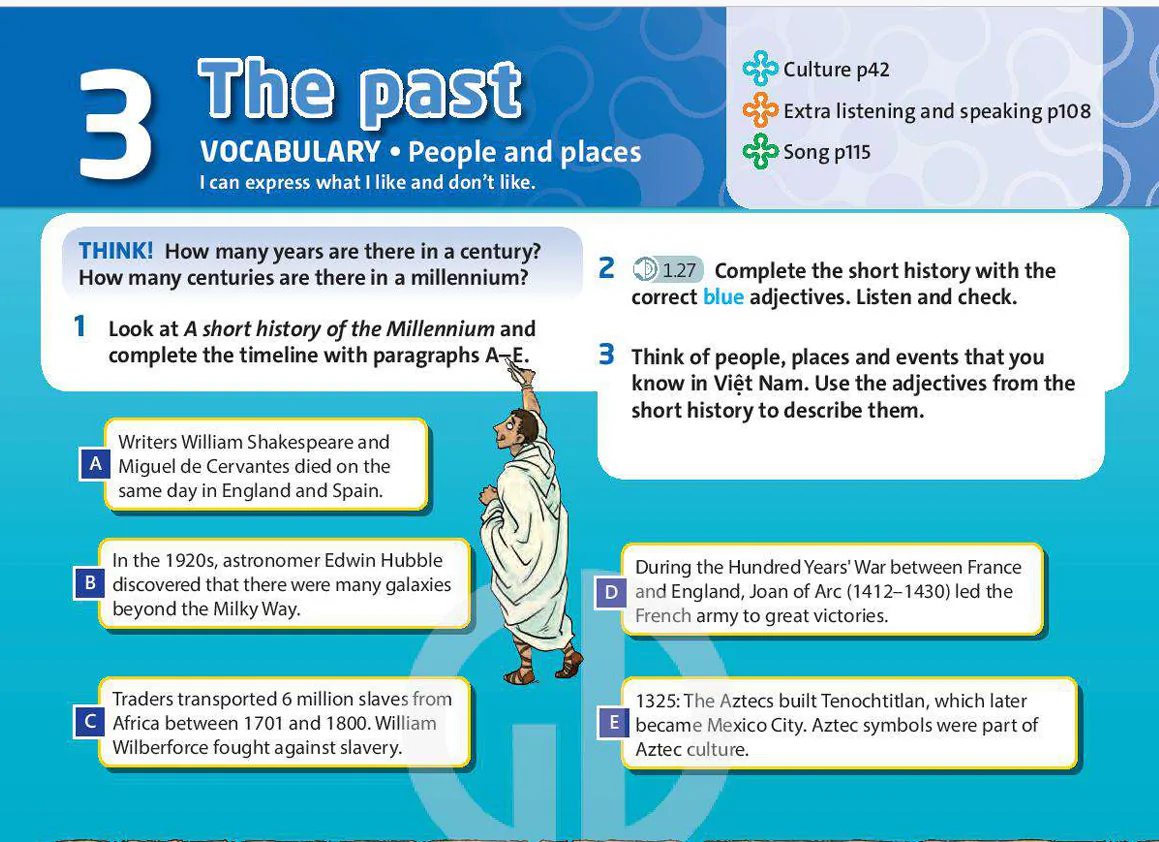
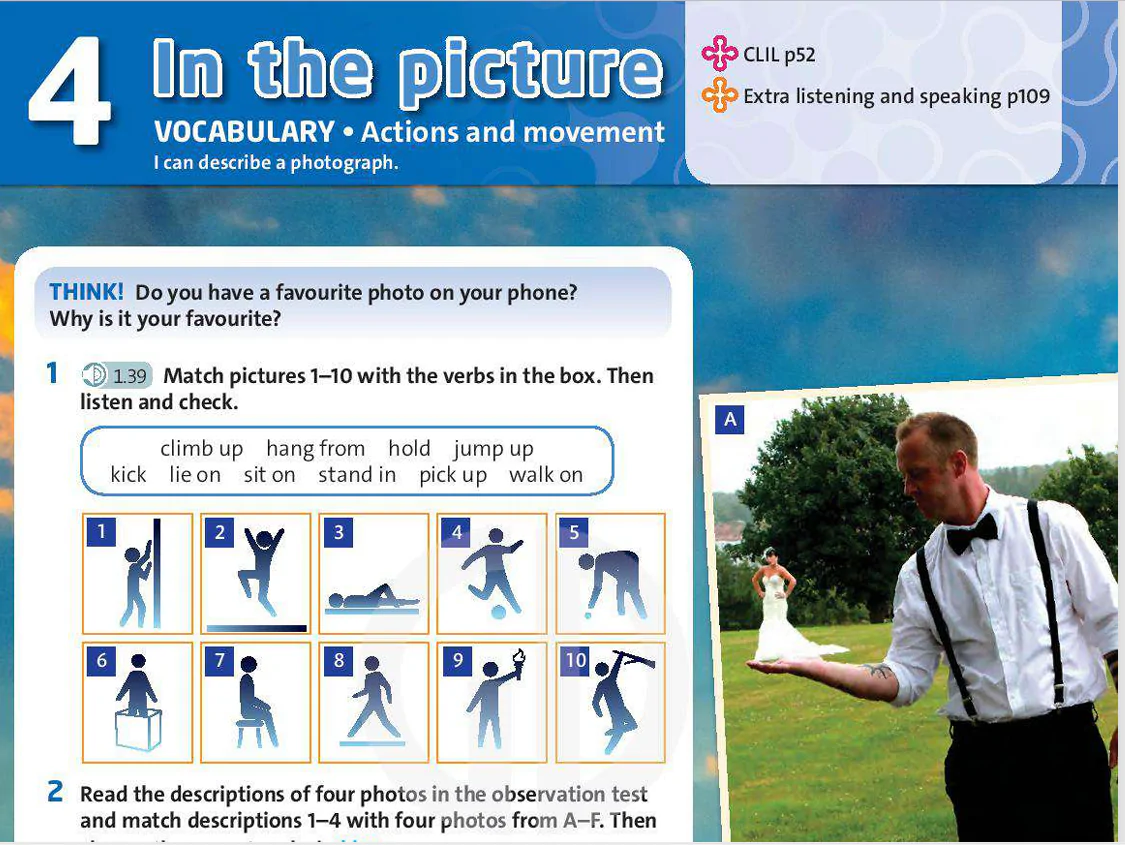
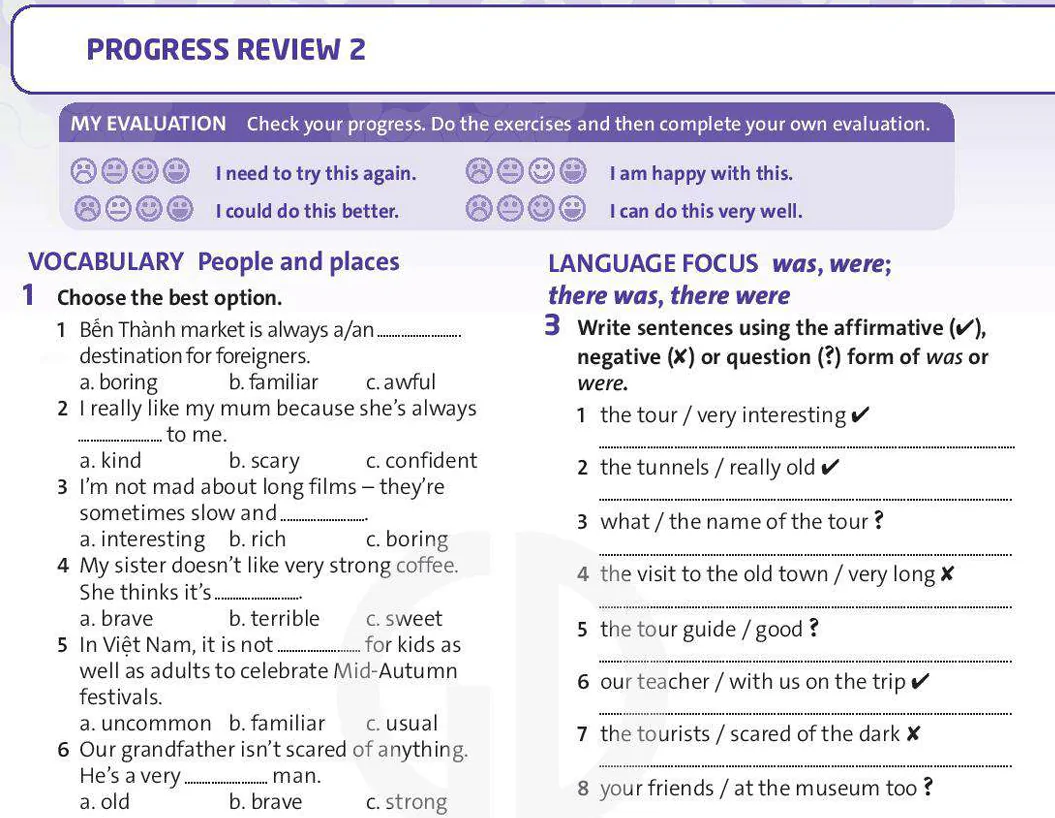
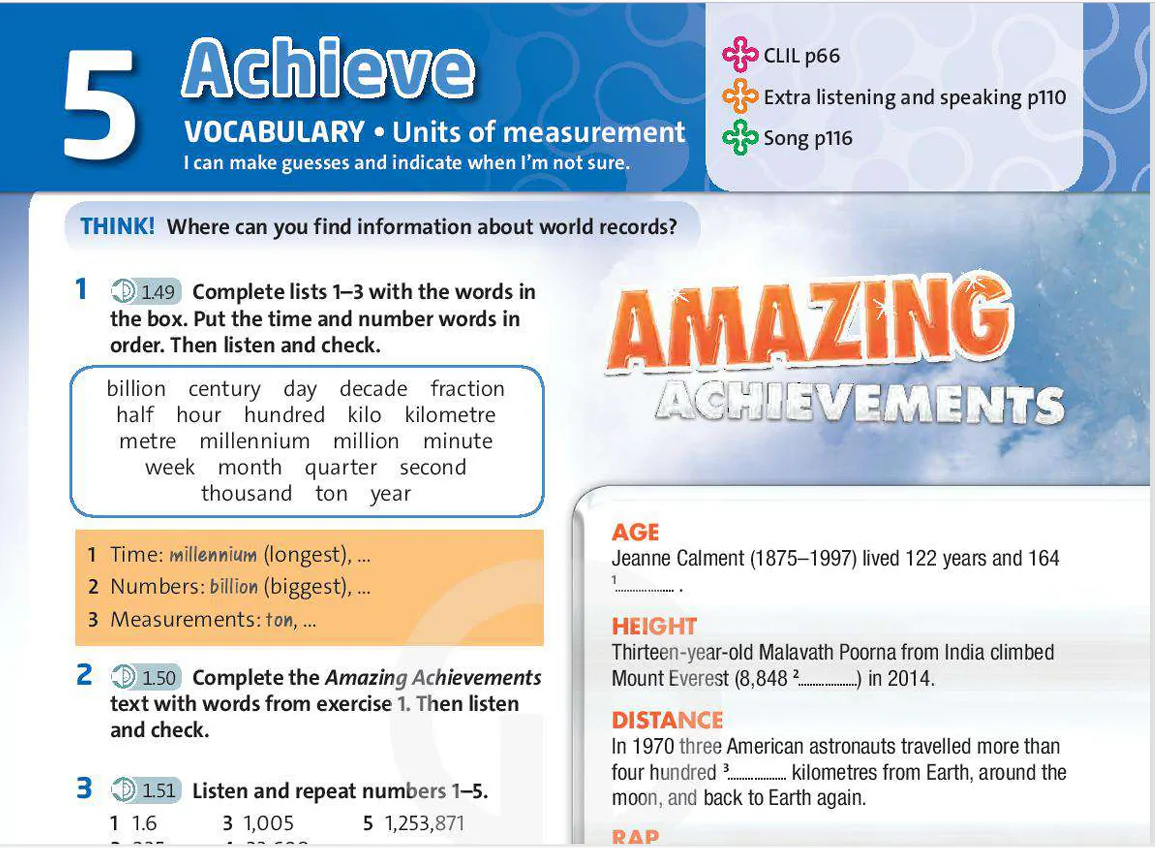
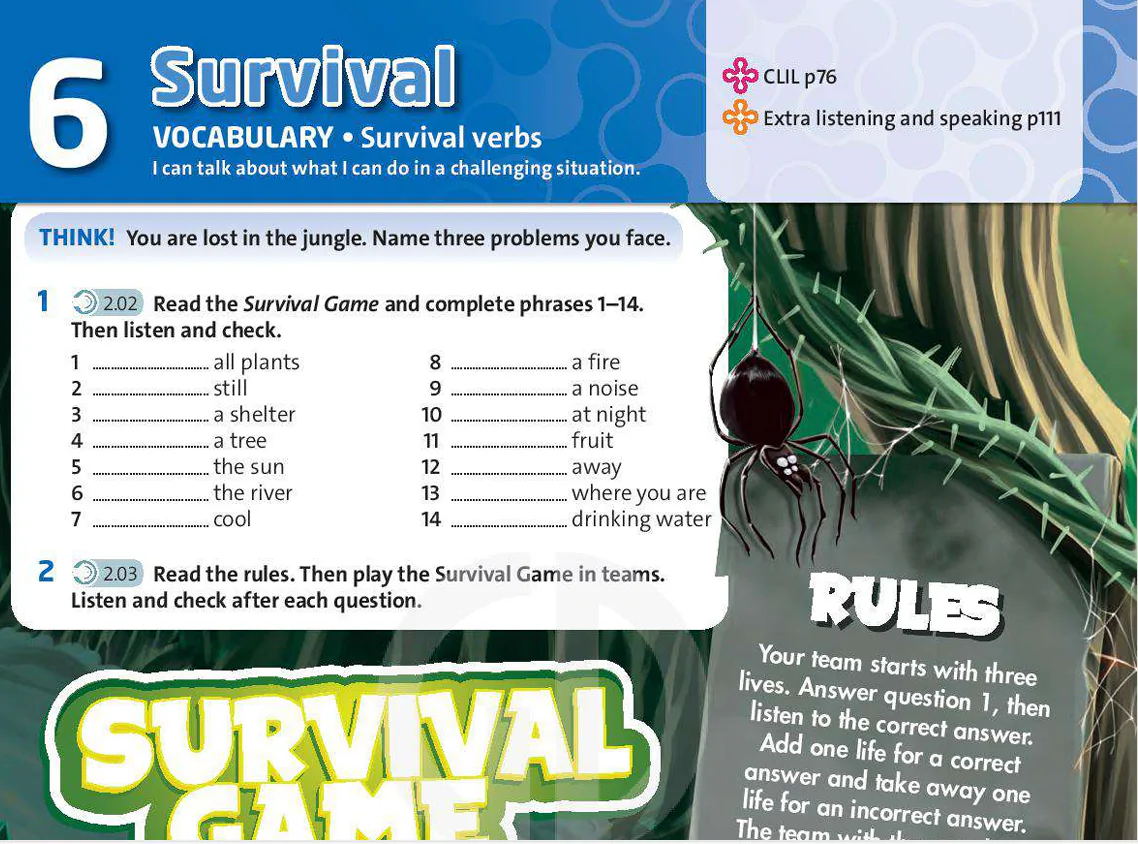
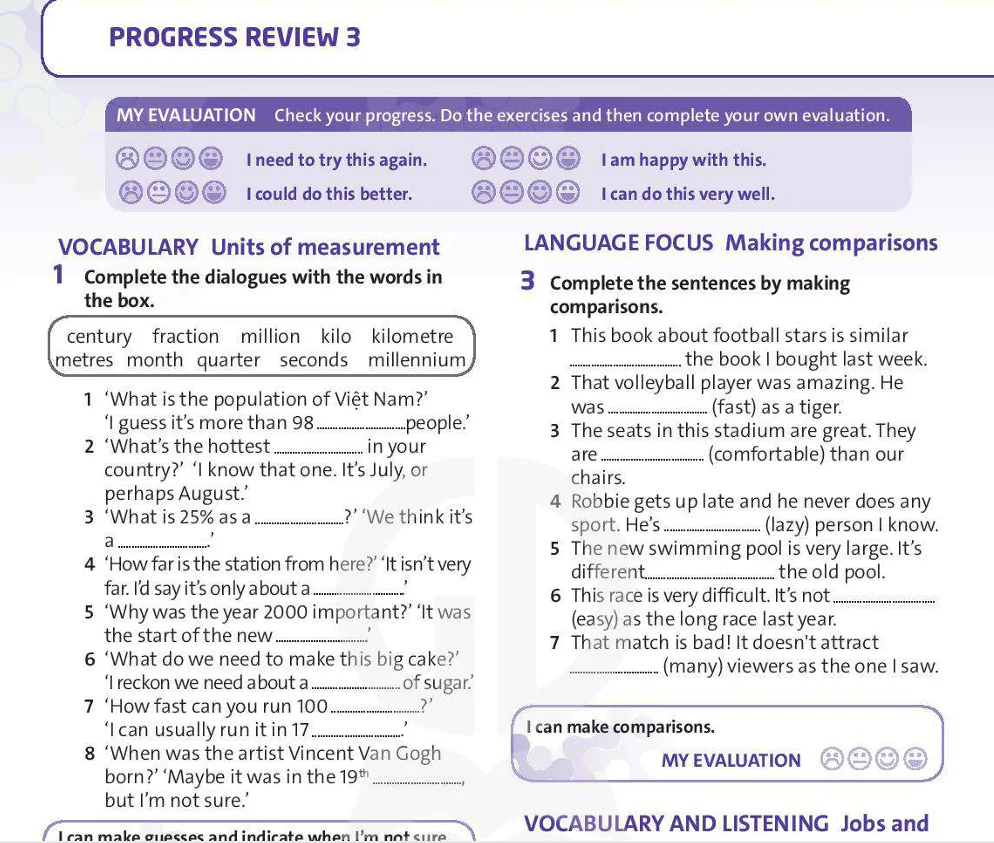
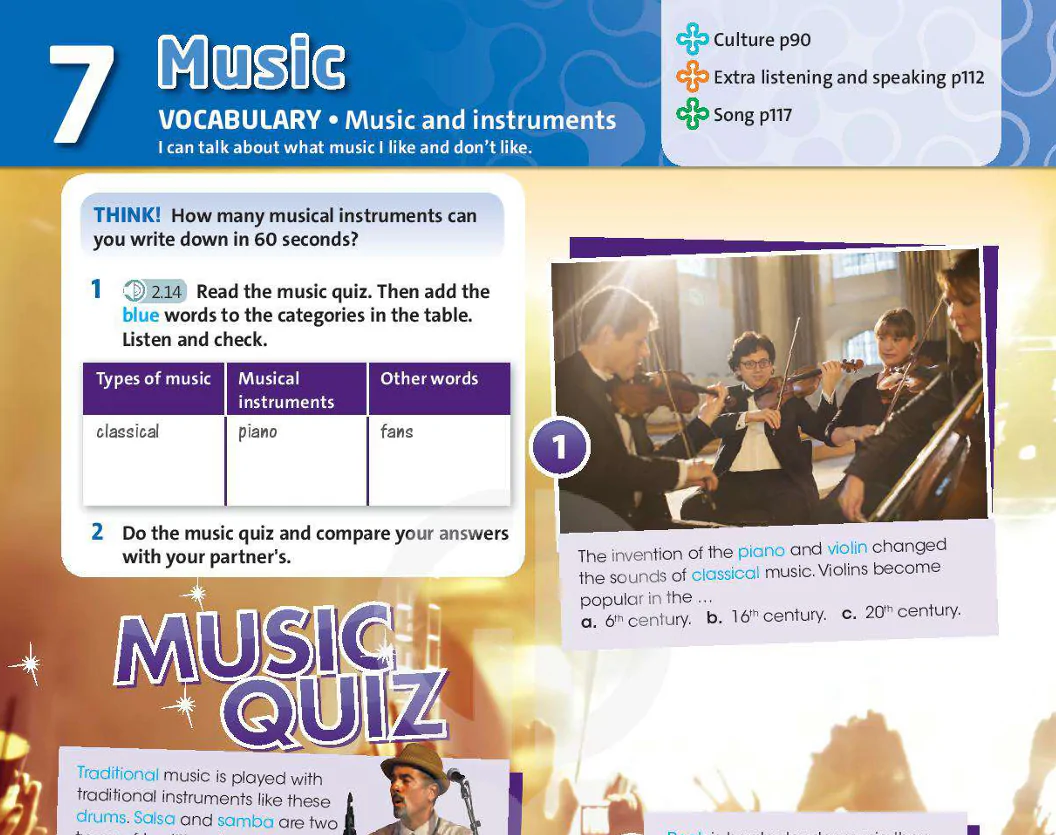
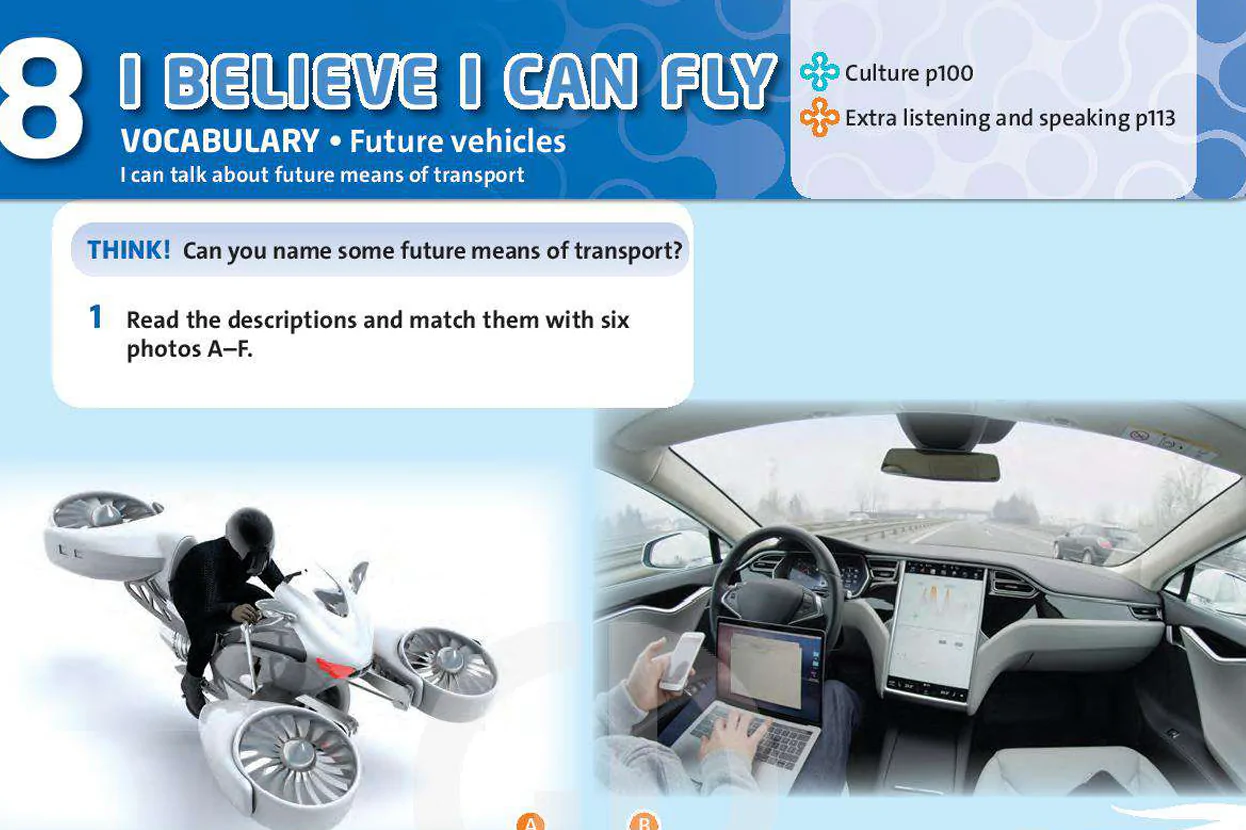
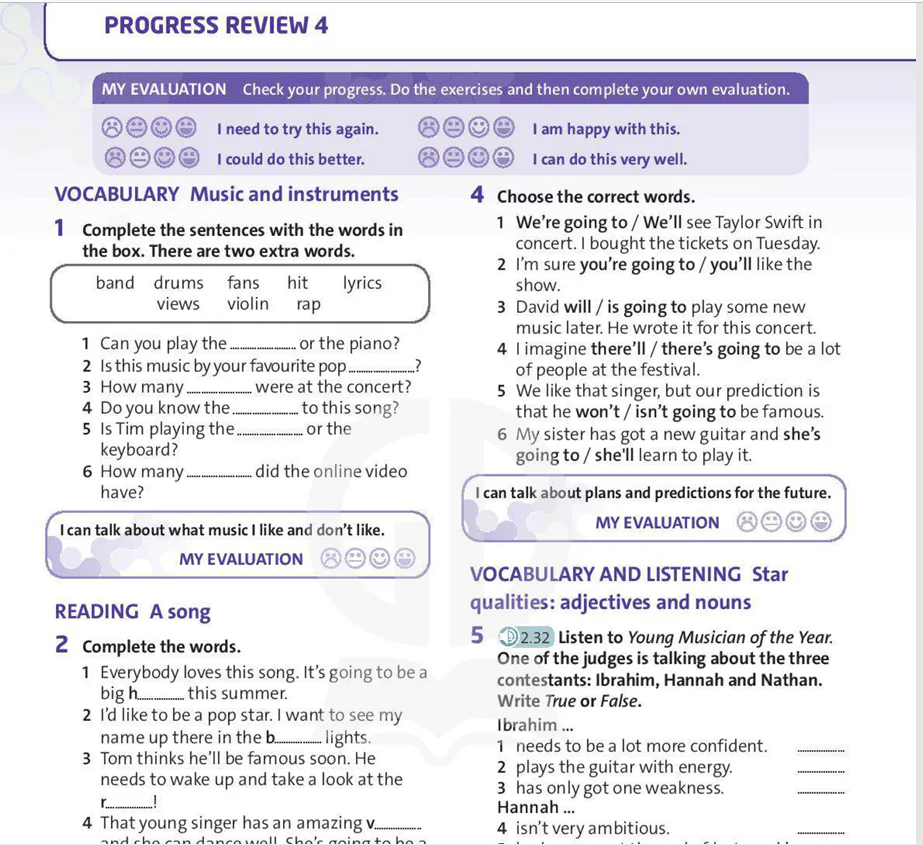
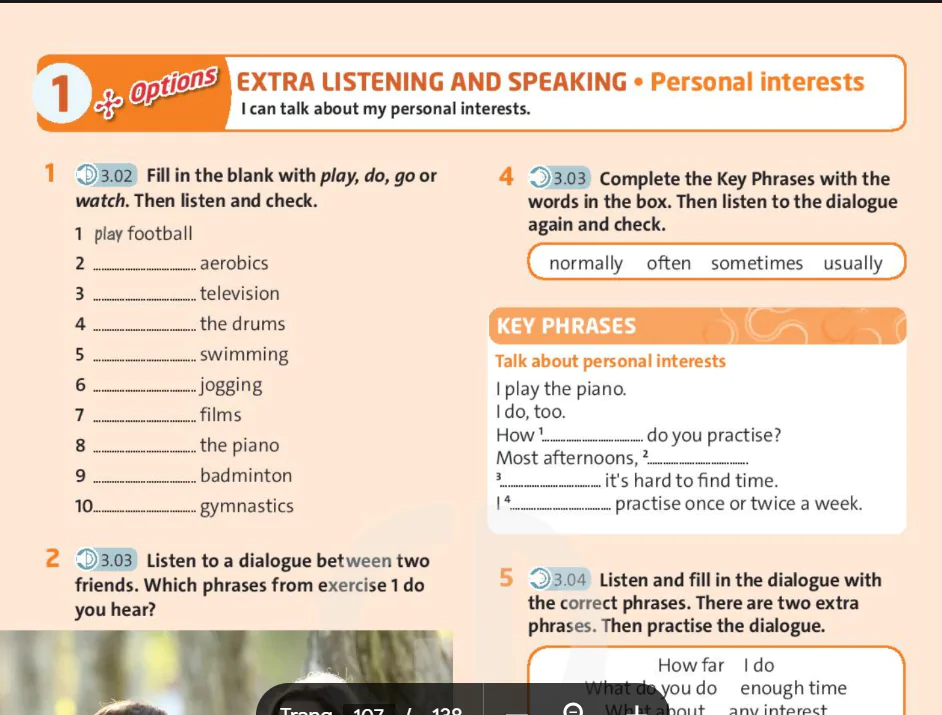
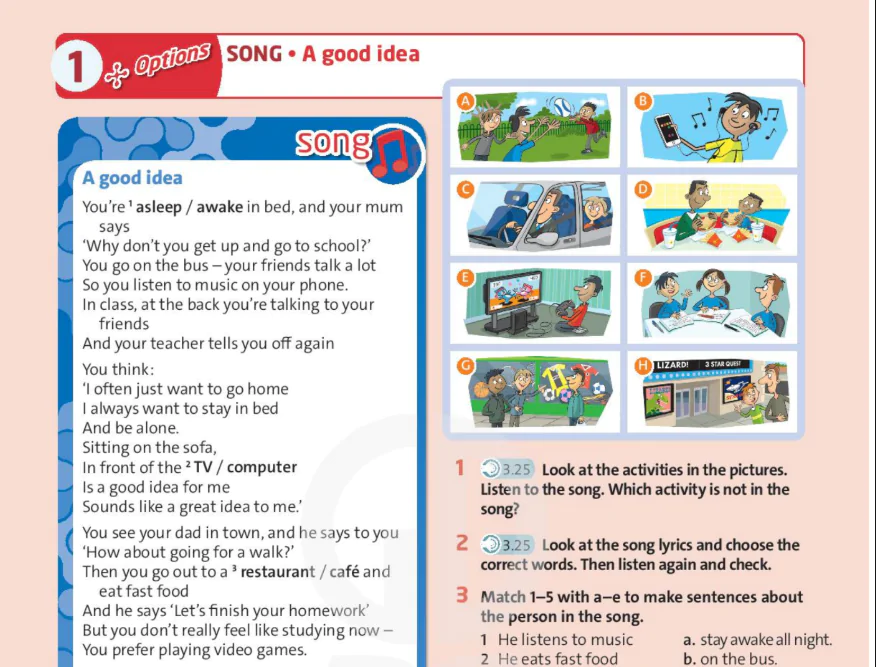
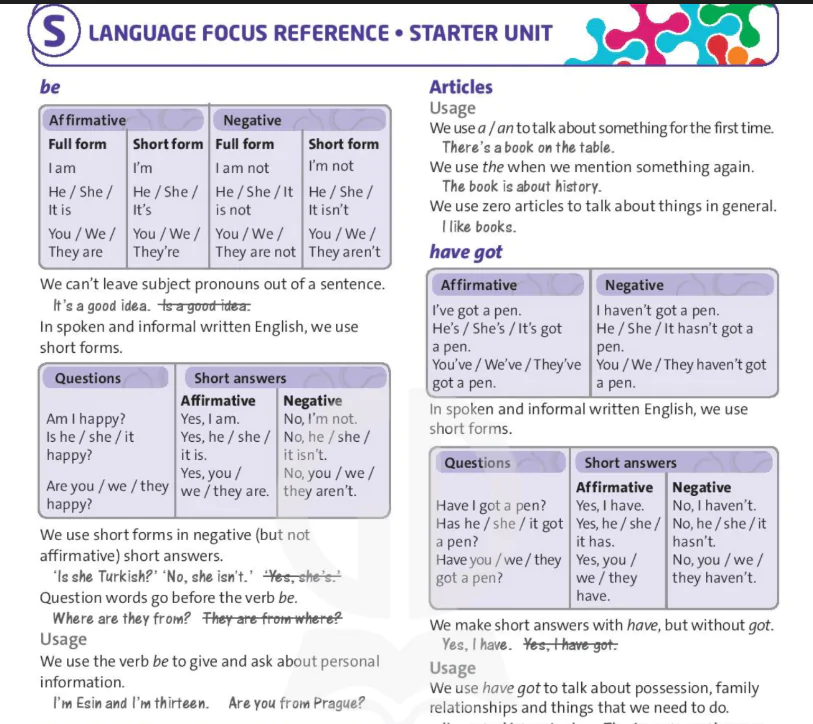
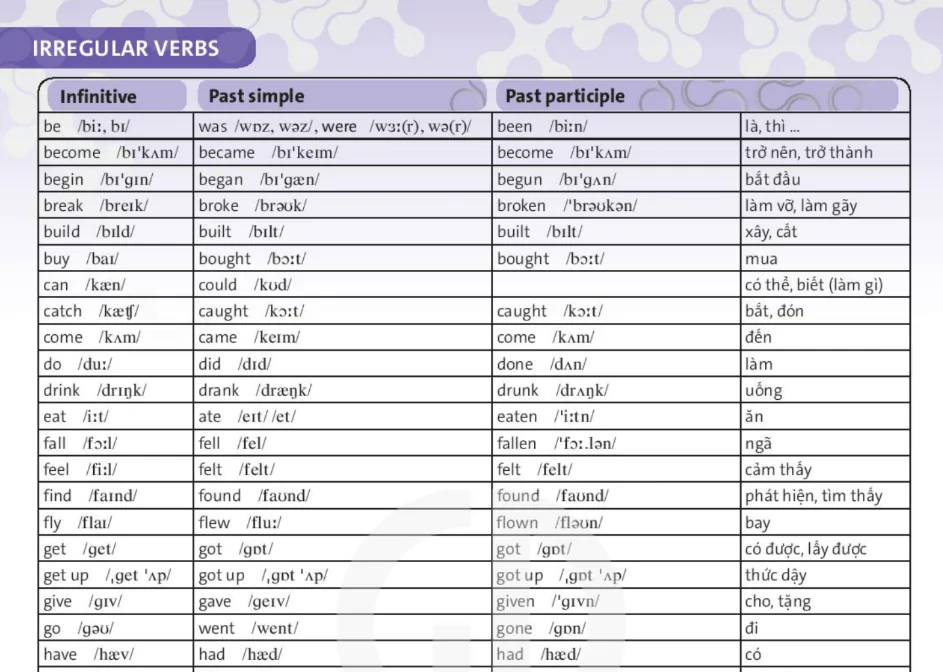
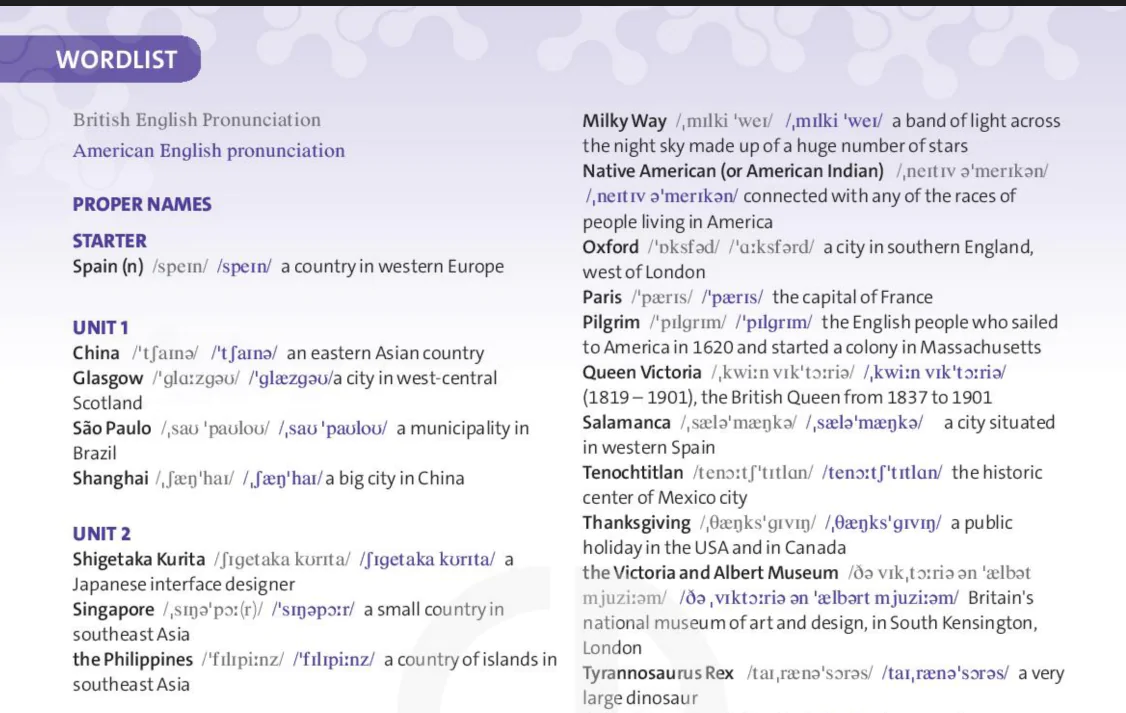



















Bình Luận
Để Lại Bình Luận Của Bạn